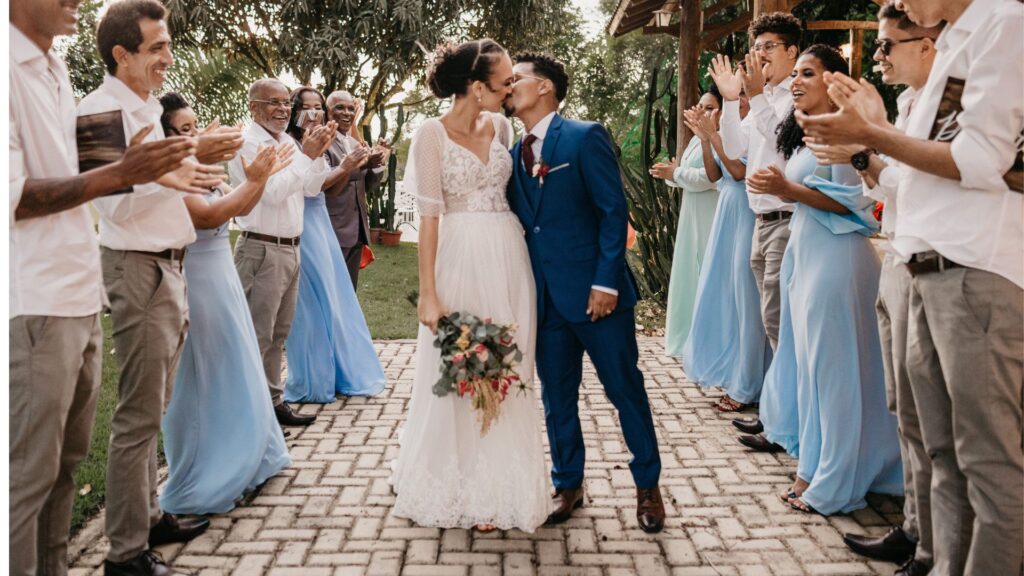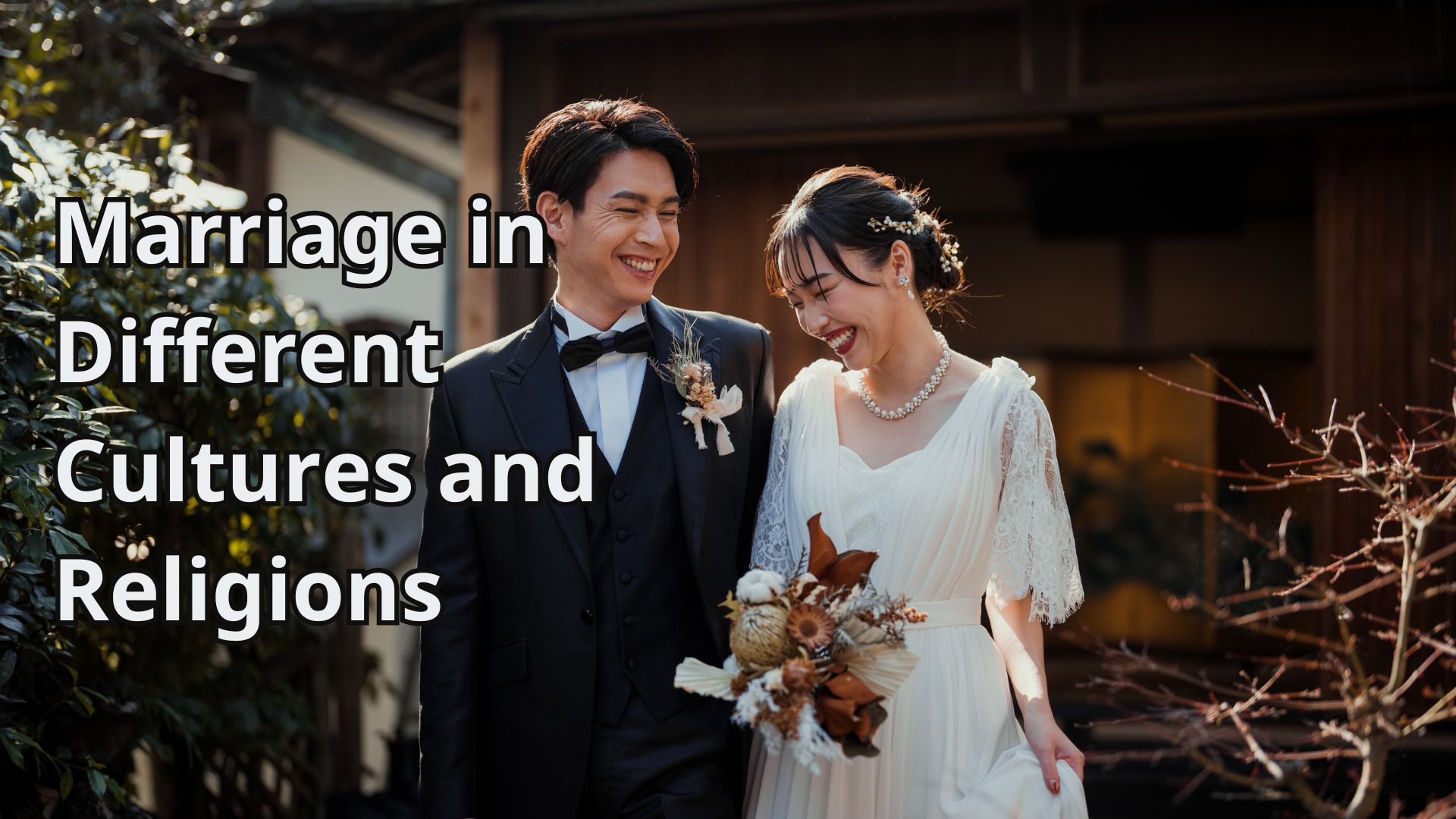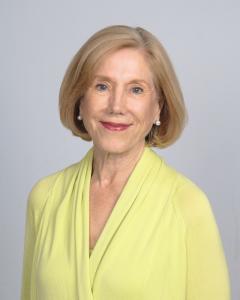Marriage is found in all cultures and religions, but it looks different depending on where you are. I have been counseling couples for more than 20 years, and I have noticed how these differences affect relationships, especially in today’s world of online dating, where love can come from anywhere. This article explores how marriage is celebrated and lived out around the world, with my observations and practical advice for different types of marriages.
Every marriage is an intercultural adventure—even within the same town. It’s about learning the dance of another’s soul, step by step. — Dr. Peggy Bolcoa
The Many Faces of “I Do”: How Cultures Define Marriage
Marriage is not the same for everyone. In my work, I’ve helped couples from diverse backgrounds, and the range is impressive. In Western cultures such as the U.S., marriage typically highlights personal choice and romantic love, as shown in the classic “meet-cute” and proposal. According to a Pew Research study, 88% of Americans say love is the main reason for getting married.
In India, over 90% of marriages are still arranged. In this society, being compatible with your family and maintaining social stability is often more important than following your own personal passions. One of my clients, Priya, said that although her parents arranged her marriage, she and her husband developed love gradually, and she compared it to planting a seed and watching it grow. This reflects the recurring truth that love can thrive in unconventional circumstances.
Thailand also incorporates Buddhist traditions into weddings, including the ‘merit-making’ ceremony, where couples give alms to monks for blessings. I have advised Thai-Western couples who combine these customs with a church wedding vow ceremony, which creates a mix that respects both cultures. Marriage involves the community as much as the couple.
Religion’s Role: 5 Ways Faith Shapes Vows
I have seen firsthand how religion can greatly influence how couples view marriage. Here are five examples:
- Christianity: The Covenant of Allegiance
In Christian traditions, marriage is a sacred covenant. I’ve seen couples lean on this during tough times. Studies showed that Christian marriages in the U.S. have a divorce rate of 30-40%, lower than the national average of 40-50%. Faith can be a glue. - Islam: A Contract of Mutual Respect
Islamic marriages hinge on the nikah, a contract outlining rights and duties. One client, Aisha, told me, “It’s not just love—it’s a partnership with clear rules.” This structure appeals to many I’ve worked with. - Hinduism: A Cosmic Union
Hindu weddings, with their seven steps around a fire (saptapadi), symbolize a lifelong bond tied to karma. I’ve helped couples integrate this into modern online dating, where intention-setting aligns with these ancient vows. - Judaism: A Joyful Covenant
Jewish weddings, marked by the ketubah (marriage contract) and breaking the glass, combine joy with solemnity. A couple I counseled found strength in this balance and used it to overcome intercultural clashes. - Buddhism: A Path to Harmony
While not always a formal “marriage religion,” Buddhist unions focus on mutual growth. I’ve seen this in Thai clients who prioritize mindfulness, a practice that’s gold for any relationship.
Online Dating: The Global Matchmaker Changing Marriage
The rise of online dating has turned marriage into a global affair. Platforms like SofiaDate, SakuraDate, or LatiDate—ones I often recommend—host millions seeking love beyond their borders. In 2023, Statista reported that 30% of U.S. adults have used dating apps, with 12% finding long-term partners. Globally, that number skyrockets as cultural lines blur.
Take my client Mark, who met his Ukrainian wife, Olena, online. “I swiped right because she was beautiful, but I stayed for her values,” he said. Their story mirrors a trend: international marriages often have a 20-30% lower divorce rate than domestic ones, per U.S. Citizenship and Immigration Services data. Why? Clear intentions and interest. Online platforms force couples to communicate upfront about culture and religion.
But it’s not all rosy. Language barriers, time zones, and clashing traditions trip up many. I’ve seen couples falter when one assumes the other will “adapt” without discussion. My tip? Ask early: “How do you see marriage?” It’s a question that’s saved more than one of my clients from heartbreak.

7 Wedding Rituals That Reveal Relationship Truths
Wedding traditions aren’t just pageantry—they reflect deeper values. Here are seven I’ve encountered in my work, with lessons for modern couples:
- Jumping the Broom (African-American)
Symbolizing a new beginning, this ritual teaches resilience—a trait I’ve seen save marriages. - Henna Nights (Middle Eastern/Indian)
Pre-wedding mehndi nights emphasize community support, a buffer against isolation I often recommend. - Tea Ceremonies (Chinese)
Serving tea to elders shows respect for family—an anchor for intercultural unions. - Cord and Veil (Filipino)
This Catholic ritual binds couples physically and spiritually, a reminder of unity I’ve seen work wonders. - Sake Sharing (Japanese)
In Shinto weddings, sipping sake together signifies harmony—key for online daters bridging gaps. - Breaking the Glass (Jewish)
A nod to life’s fragility, it’s a call to cherish the moment, something I urge every couple to do. - Handfasting (Celtic)
Tying hands symbolizes partnership—an act I’ve adapted in therapy to rebuild trust.
Clash or Complement? Cultural and Religious Differences
In my 23 years as a psychotherapist, I’ve seen differences ignite both fireworks and fights. Take Sarah and Ahmed, a Christian-Muslim pair I counseled. She wanted a Christmas tree; he insisted on Ramadan fasting. Their breakthrough? Compromise—decorating for both holidays and fasting together. It’s a pattern: successful couples don’t erase differences; they weave them into a shared tapestry.
Statistics back this up. A 2024 meta-analysis found culturally diverse couples report slightly lower satisfaction early on but catch up over time with communication. Online dating amplifies this—matches may start with chemistry, but culture tests endurance.
My advice? List your non-negotiables. One couple I worked with did this: he needed pork off the menu (Islamic), she needed Sunday church (Christian). They agreed, and it stuck. Clarity prevents resentment.
Stats That Surprise: Marriage Across Cultures
Numbers tell a story worth hearing:
- Interfaith Marriages: In the U.S., 39% of marriages since 2010 are interfaith, per Pew Research—up from 19% in 1960.
- International Love: Over 300,000 Thai-foreign marriages happen yearly, with compatibility cited as key.
- Divorce Rates: Intercultural marriages often outlast same-culture ones, with a 25-30% divorce rate versus 40-50% domestically, per USCIS.
- Online Success: Most women on dating platforms prioritize emotional connection—religion and culture often follow.
These stats show a truth I’ve lived in my practice: diversity challenges, but it also strengthens when handled with care.
Lessons from the Couch: 3 Couples, 3 Cultures
Real stories bring this home. Here are three from my files:
- Juan and Mei (Colombian-Chinese)
Juan’s loud family clashed with Mei’s reserved one. Solution? They set boundaries—quiet dinners for her kin, salsa nights for his. Balance won. - Liam and Priya (Irish-Indian)
An arranged marriage met a free-spirit. Therapy revealed Liam’s fear of losing autonomy. We reframed it as teamwork, and they thrived. - Fatima and David (Muslim-Jewish)
Religion sparked tension until they blended rituals—Passover with iftar meals. It’s now their kids’ favorite tradition.
These couples prove what I’ve preached for years: differences aren’t dealbreakers—they’re opportunities.
Tips for Online Daters Crossing Cultural Lines
Drawing from my work, here’s how to make it work:
- Ask the big questions: Early chats should cover marriage views, faith, and family roles.
- Learn their rituals: A client won his Brazilian wife’s heart by mastering Carnaval dances online. Effort counts.
- Be patient: Cultural gaps close slowly. One couple I helped took a year to sync holiday plans—and it paid off.
- Use resources: Sites like The Gottman Institute offer tools I swear by for communication.
Online dating is a bridge—walk it with curiosity, not assumptions.
Conclusion: Love’s Universal Language, Spoken Differently
Marriage across cultures and religions is a mosaic—beautiful and complex. In my decades as a psychotherapist, I’ve seen it unite people in ways that defy distance and doctrine. Whether you’re swiping on an app or blending traditions at the altar, the key is intention. As I often tell my clients, “Love speaks every language, but it listens best when you understand the accent.” Embrace the journey—it’s where the real growth happens.

